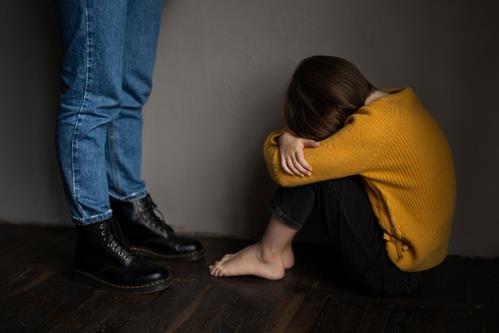What Happens If A Teen Gets Felony Charges in Texas
No parent would ever want to consider getting the call that their teenager got arrested and charged with a felony. But it happens. One wrong move at a party, a school brawl, or hanging out with the wrong crowd can bring on severe felony charges. When it does happen, fear takes over. If you live in Texas, your first step should be to speak with a solid Frisco criminal lawyer.

An experienced Frisco criminal lawyer can clarify your child's rights, what they're charged with, and what kind of results are possible. The Texas juvenile system is different from the adult system, yet it is not always easy. Parents need answers, and they need them now. This guide outlines what happens when a teenager is charged with felonies and how you can help.
Juvenile vs. Adult System: What's the Difference?
Texas juvenile offenders under 17 usually move through the juvenile justice system. The system is less punitive and more focused on rehabilitation. The idea is to guide teenagers in the right direction. However, felony charges are extremely serious. If the court perceives the crime was bad enough, the prosecutor can petition for the teenager to be tried as an adult.
This is known as certification as an adult. It may occur to teenagers as young as 14 for violent crimes like aggravated assault, robbery, or sex offenses. If the court approves the petition, the teenager is sent to adult court, where punishment is the primary issue.
Types of Felony Charges Teens Can Face:
Felony charges in Texas are broken down into four broad categories:
- Capital Felony: This is the most serious. These include murder and crimes of kidnapping or robbery. Sentences can range from life imprisonment to life without parole.
- First-Degree Felony: These include aggravated robbery or sexual assault of a child. These have sentences ranging from 5 to 99 years imprisonment.
- Second-Degree Felony: These include aggravated assault and some drug charges. These have sentences ranging from 2 to 20 years.
- Third-Degree Felony: These are crimes like some of the weapons crimes or tampering with evidence. Punishments range from 2 to 10 years.
Even though juvenile courts go out of their way to avoid giving hard punishments, teens sometimes do end up in jail, in juvenile detention centers, or even adult prisons if certified.
What Happens After the Arrest?
The moment a teenager is arrested, they face a detention hearing. This takes place within two business days. The judge decides whether they should be released or detained in a detention center. If the case is still in juvenile court, it moves to the adjudication stage.
The trial procedure itself is much like an adult trial. Prosecutors must prove the teenager did commit the crime beyond a reasonable doubt. Should they succeed, the judge decides on the sentence. Some are fit for determinate sentencing—a fixed sentence like 10 years. Others result in indeterminate sentencing, whereby the teenager stays until age 18 or 19, depending on behavior.
Defense Strategies That Can Help:
A good defense can flip it all around. Lawyers will contend that the case fails to meet the law to be convicted of felonies. Lawyers will contend that charges should be lowered to misdemeanors. Lawyers will negotiate pretrial diversion programs for first-time offenders.
In these programs, adolescents do counseling, community work, or drug rehab in exchange for having their charges dismissed. It's a second opportunity many children need. That's why it is so critical to hire an attorney who is knowledgeable about juvenile law.
Long-Term Impact of a Felony Conviction
Even in juvenile court, convictions of sex crimes are not without long-term ramifications. Teenagers can be placed on probation, monitored electronically, or sentenced to a secure facility. They can be compelled to become part of the juvenile sex offender registry, pay back restitution, or serve a term upon release.
Certain juvenile records can be sealed at age 19. But not all. Violent crimes are likely to stay on the record, limiting job opportunities, college enrollment, and a military career. That's why it is crucial to intervene early.
Why You Need the Right Legal Help?
When your child's future is on the line, you want somebody who knows how to defend it. A company that exclusively does juvenile criminal defense in Frisco, TX, will be familiar with the local courts, the judges, and the prosecutors. That kind of familiarity can make all the difference in how your child's case is litigated.
Experienced lawyers who handle juvenile criminal defense in Frisco, TX, know how to build a case that protects your teenager's future. They do not want kids in adult court, fight for diversion programs, and seek to keep a bad decision from causing harm down the line.
An accusation of a felony does not have to be the defining experience of your teenager's life. But time is of the essence. Parents need to act immediately, remain calm, and seek the advice of a lawyer. With effective defense and a priority on rehabilitation, most teenagers heal, mature, and move past their errors. Don't delay. Contact a trusted attorney and take the first step towards safeguarding your child's future.





